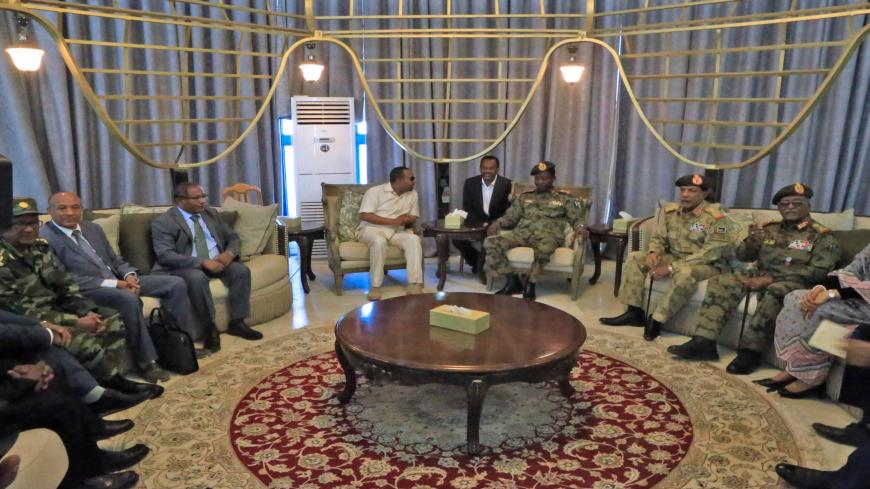
Payton Knopf is a senior advisor to the U.S. Institute of Peace and a former U.S. foreign service officer who served in the Horn of Africa and the Middle East, including as an advisor to several presidential envoys for Sudan and to U.S. Special Envoy for Middle East Peace George Mitchell. On Twitter: @paytonknopf


